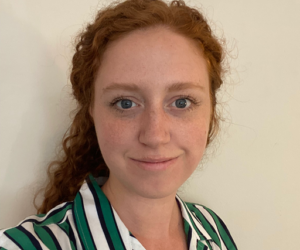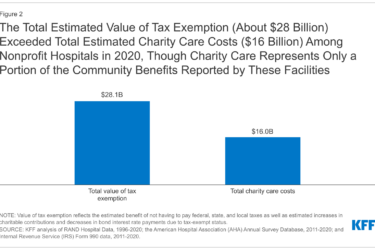With less than 10 months until uninsured consumers can buy health coverage via online marketplaces known as exchanges, journalists should expect a tumultuous and at times messy process until Jan. 1, 2014, health experts told journalists at AHCJ’s Health Journalism 2013 in Boston.
The online exchanges, or marketplaces as the Obama administration increasingly likes to call them, are where consumers will purchase health insurance backed by a federal subsidy based on their income. The exchanges will either be run by the states, the federal government or a joint effort between the two.
Cheryl Smith, a director at consulting firm Leavitt Partners, told journalists on the panel that states are asking themselves three questions: Can they meet their deadlines to create the exchanges? Can the U.S. Department of Health and Human Services meet its deadlines to approve or, in some cases set up the exchanges? And will all of these exchanges work when it comes time for people to buy insurance?
“The answers are: crapshoot, crapshoot, crapshoot,” Smith said. “We really don’t know.”
Jonathan Gruber, an MIT economist who worked with the Massachusetts health legislation signed into law by then Gov. Mitt Romney and the Affordable Care Act signed into law three years ago by President Obama warned that implementation will be complicated and messy.
“It’s going to take a year or more to fully straighten out the messes that are involved in implementing this,” Gruber said. “That does not mean it’s a bad idea. That does not mean it should be repealed. “We just have to recognize that this is a massive change that’s going to take time to get right.”
Gruber advised journalists to:
- Focus on how the law affects everyone. Be cautious when reporting individual anecdotes because they may not represent the typical experience.
- Look for academic experts and who funds them. Beware of experts that represent interest groups or have strong ideological positions.
- Chaos in the earliest stages of implementation is probably inevitable, so use caution in framing stories. (“Keep calm and carry on,” he said.) Back in 2006, the Medicare prescription drug benefit, called Part D, had a rocky launch, but is generally considered popular.
Smith, meanwhile, said journalists should look specifically at the functions of the health marketplaces to see if the states are on the right track.
She suggested several questions:
- Do the vendors that states hire to create the exchange websites have a track record of success?
- Have the states identified insurance they can sell on their exchanges? Is there “product on the shelves”?
- Will the marketplace be open for business on Oct. 1?
- Do states have specific outreach and marketing plans ready for launch?
Meanwhile, the federal government is moving forward to create exchanges in states that have refused or are unable to launch their own exchanges.
The law didn’t foresee the federal government running so many state exchanges, and some are wondering if the federal government has enough money to get so many state exchanges up and running.
Gruber said his contacts in the federal government say they will make it work and that he had “no doubt” federal exchanges would be up and running by 2014.
Smith, however, was skeptical the exchanges would be up and running by Jan. 1. “I will just respond with a skeptical look on my face,” Smith said, drawing laughter in the room.
To help with future reporting by health journalists on exchanges, panel moderator Joanne Kenen of Politico said that AHCJ hoped to arrange a briefing in the Washington, D.C., area with a federal official at a later date.
Journalists from Florida, Georgia and Texas asked panelists for guidance on covering states where state officials don’t want to implement the health care law. Several states are balking at creating exchanges as well as participating in an expansion to the existing Medicaid health insurance program for the very poor.
Gruber said state officials will come under increasing pressure to accept a Medicaid expansion because of the federal money is a huge boon to states. “I’m enough of an economist to think eventually, they’ll take it,” he said.
Smith said states have very different populations and characteristics, so successful exchanges will likely look very different from state to state. She said she was pleased to see that HHS was willing to work with officials in states like Arkansas, where officials are exploring moving Medicaid patients to private insurance.
Kenen of Politico urged reporters to cover the outreach that various groups are doing on the law, both pro and con. As a model, she recommended a Los Angeles Times story (Link: http://articles.latimes.com/2013/feb/11/business/la-fi-tax-return-health-20130212) about the tax firm H&R Block offering health insurance advice this year as it completed people’s tax returns. She also reminded reporters to keep coverage down to earth and avoid too much jargon.
“Your editors don’t want stories with 800 acronyms and only three verbs,” she said.









